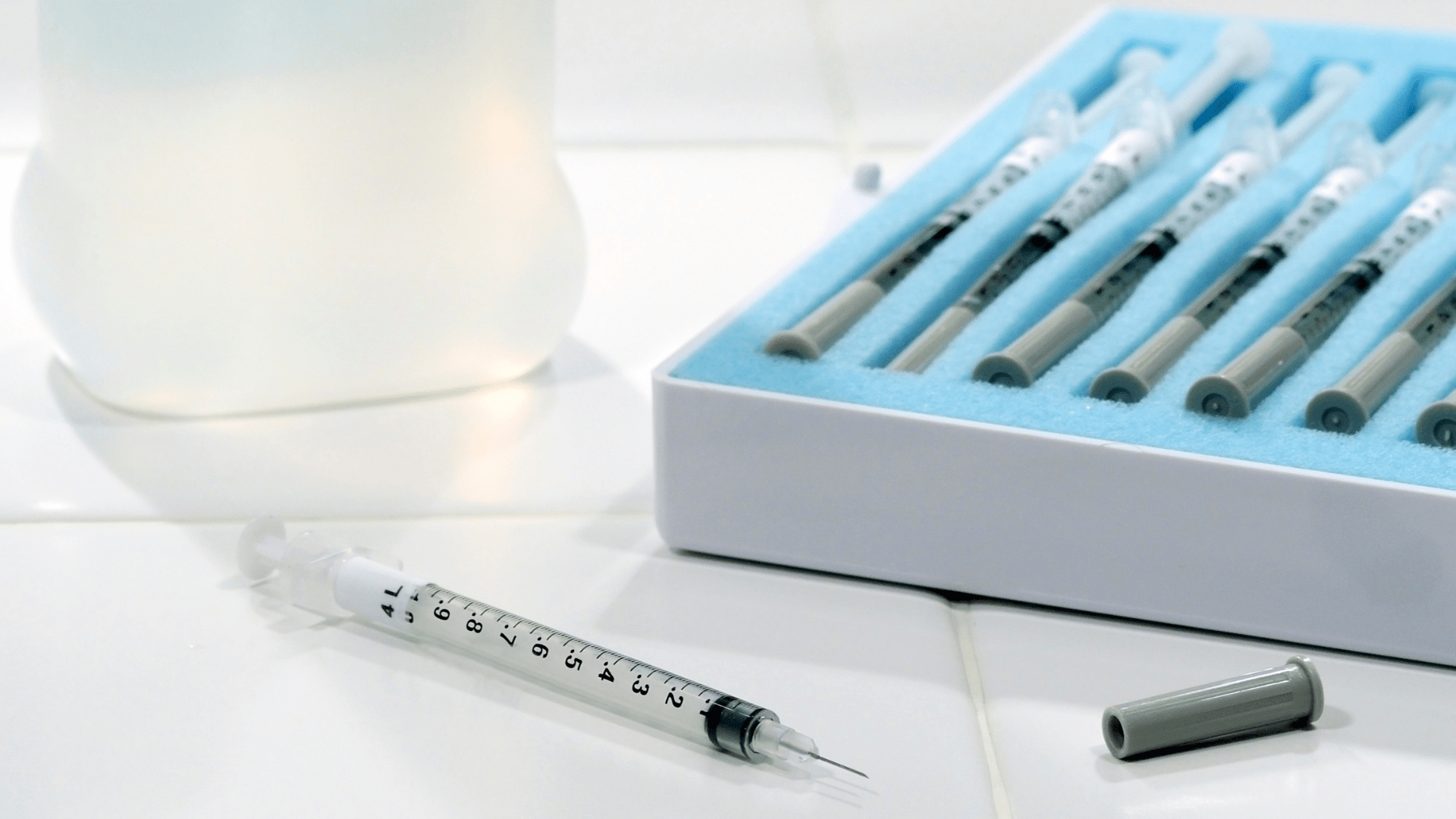Allergy shots, also called immunotherapy, are a form of long-term treatment that can help relieve your allergy symptoms. Allergy shots work by exposing you to small amounts of the substance or allergen you’re allergic to. This helps your body build up a tolerance to the allergen. Over time, your immune system becomes less sensitive to it, and your allergy symptoms lessen or go away.
The first step in getting allergy shots is to visit an allergist or immunologist for diagnosis and testing. Once it’s determined that you would benefit from allergy shots, a customized treatment plan will be created for you. This plan will take into account the severity of your allergies, what you’re allergic to, and your overall health.
The next step is to begin the shots. Allergy shots are usually given in two phases: the buildup phase and the maintenance phase. During the buildup phase, you’ll receive allergy shots on a regular basis, typically once or twice a week. The amount of allergen in each shot will gradually be increased over time. This is done to help your body build up immunity to the allergen. The length of time required for the buildup phase varies from person to person, but it usually takes several months.
Once the optimum dose of allergen has been reached, you’ll enter the maintenance phase of treatment. During this phase, you’ll continue to receive allergy shots, but less frequently than during the buildup phase. The interval between shots will gradually be increased until you’re receiving a shot only once every four weeks.
In general, allergy shots offer a number of potential benefits. They can be an effective long-term solution for people who suffer from allergies. They’re also convenient because you only need to receive them once every month, and you can do it at your doctor’s office. Additionally, they have a low risk of side effects when compared to other allergy treatments such as oral medications and nasal sprays.
On the other hand, the main disadvantage of allergy shots is that they require time and commitment. The buildup phase can take several months, and you need to be willing to stick with the treatment plan in order for it to be effective.
Additionally, allergy shots are generally safe and effective, but as with any medical treatment, there is a small risk of side effects associated with it. These can include swelling, redness, and itching at the injection site; headache; nausea; and dizziness. Serious reactions are rare but possible. However, these side effects are generally mild and go away on their own. That’s why it’s important to remain at the doctor’s office for at least 30 minutes after each shot in case you have a reaction.
Allergy shots are a great way to reduce your symptoms and help you live a healthier life. So, if you’re curious about how allergy shots work or want to know more about your own treatment plan, contact us today and schedule your appointment. Our team of experts would be happy to chat with you and answer any questions you may have!

